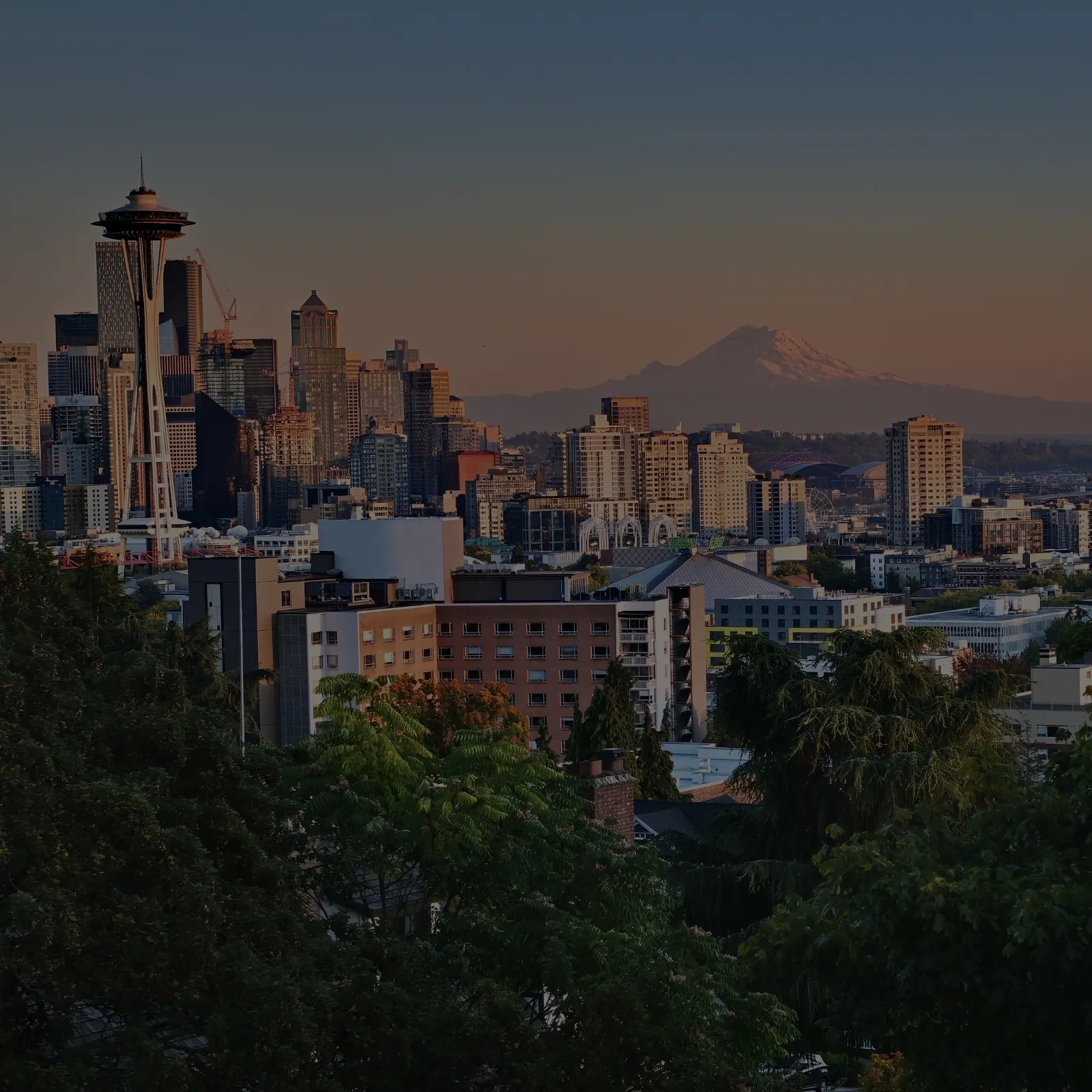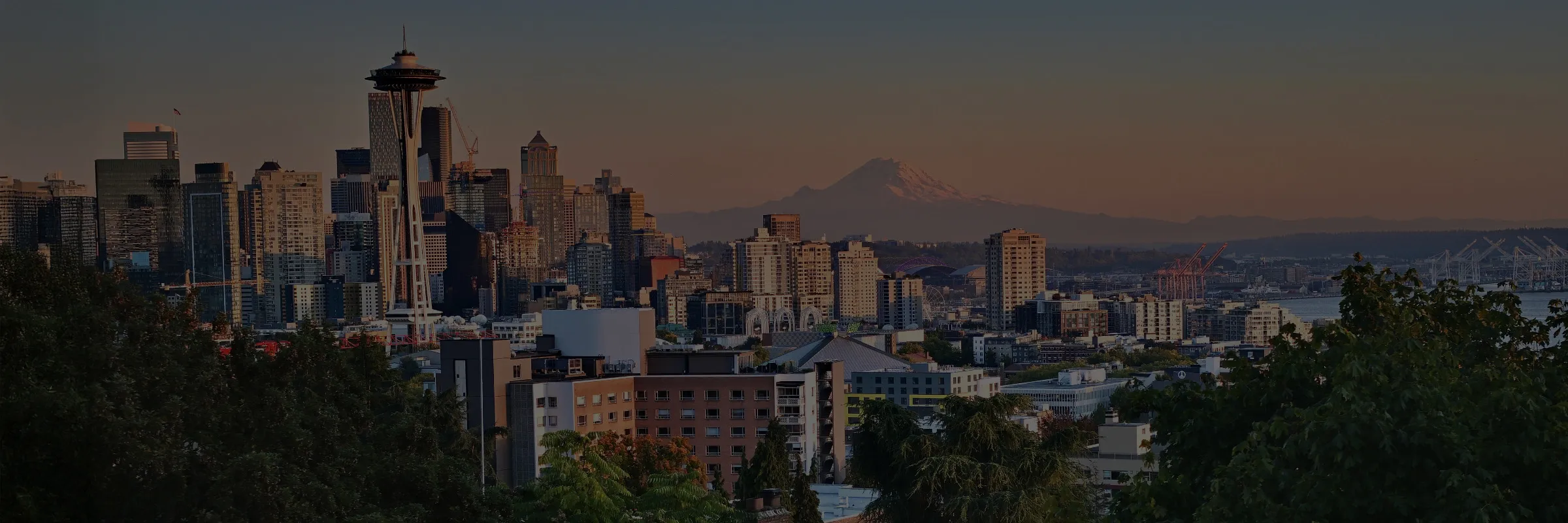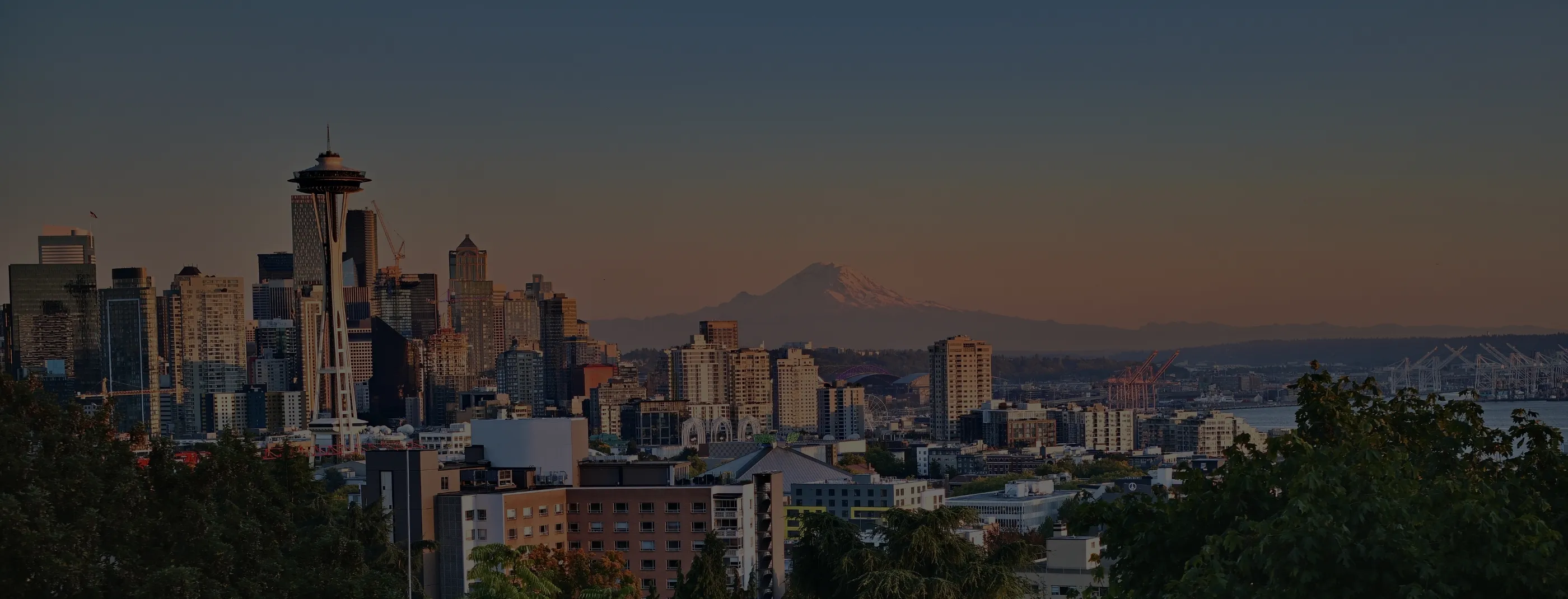If you drive in Washington State, you’re required to meet certain minimum insurance standards. These laws are in place to ensure that drivers can take financial responsibility after a car accident. If you’re ever hurt in a car crash in Seattle or anywhere throughout Washington, understanding these rules can help you better protect your rights and options.
In this blog post, we’ll explain what’s required by law and how your policy could affect your ability to recover compensation.
What Type of Auto Insurance Is Required in Washington?
Every driver in Washington must carry proof of financial responsibility. Most drivers meet this requirement by purchasing liability insurance from a licensed provider. This is the type of coverage that pays for someone else’s injuries or property damage if you’re at fault in a crash.
Washington State’s minimum liability limits are:
- $25,000 for injuries or death to one person
- $50,000 total for injuries or death to all people in a single accident
- $10,000 for property damage
Drivers must carry proof of this insurance in their vehicle at all times. Failing to provide proof when asked by law enforcement could result in a fine or other penalties.
What Other Coverage Should I Consider?
Liability insurance covers damage you cause, but it doesn’t protect you or your passengers. That’s why many drivers in Washington choose to buy additional policies, such as:
- Uninsured/Underinsured Motorist Coverage (UM/UIM): Helps if the at-fault driver doesn’t have insurance or lacks enough coverage.
- Personal Injury Protection (PIP): Offers limited medical and wage-loss benefits, regardless of fault.
- Comprehensive and Collision Coverage: Pays for damage to your own car from theft, vandalism, or crashes.
Washington law requires insurers to offer both PIP and UM/UIM coverage. You’re allowed to reject either one in writing, but keeping these protections can be helpful, such as if you’re injured in a hit-and-run or by a driver who’s uninsured.

Car Insurance Requirements in Washington State
What Happens if You Drive Without Insurance?
Driving without proper insurance is illegal in Washington. If you’re caught, you could face a fine of at least $550. If you cause a crash without insurance, the financial consequences could be even more severe.
In addition, the Department of Licensing may require you to file an SR-22 certificate, which is a special form of insurance that proves ongoing coverage. SR-22 requirements can stay in place for three years or longer and often result in higher premiums.
How Car Insurance Affects Personal Injury Claims
If you’re hurt in a car crash, insurance coverage often determines what compensation is available. For example, if the at-fault driver only carries the minimum required coverage, you may find that your damages exceed their policy limits. In that case, your UM/UIM coverage could help cover the difference if you’ve added that to your policy.
If you don’t have it, you might need to explore other options for recovering your losses, such as filing a personal injury lawsuit or using your health insurance for medical expenses. An attorney can help you determine your best course of action during a free case review.
Contact Seattle Injury Law for Legal Help After a Crash
Washington’s car insurance rules can be confusing after a serious accident. If you’re unsure what coverage applies or are having trouble with your insurer, speaking with an experienced Seattle car accident lawyer may help.
An attorney can review your insurance policy and help you pursue a claim for all of the damages you’re entitled to recover under the law. Contact a lawyer with Seattle Injury Law today to get started with a free consultation.




